Russia hopes US would stop promoting unipolar world after Ukraine operation
Russia is confident that once its "special military operation" in Ukraine produces desirable results, the West will stop both its relentless drive for the "unipolar world" and violating the principles of the United Nations charter.
Russian Foreign Minister Sergei Lavrov made the remarks at a joint press conference with his Omani counterpart Sayyid Badr Albusaidi in the Arab country's capital Muscat on Wednesday, nearly three months after Moscow launched the operation in the former Soviet republic.
"We hope that after our special military operation is completed and all of the set tasks within its frames are reached," Russia's TASS news agency quoted Lavrov as saying. "It would help to stop the West’s attempts to undermine the international law and to halt its blunt violations of the UN Charter provisions, including the principle of the sovereign rights of countries, and will force the West to stop promoting the so-called unipolar world dominated by the United States and its allies."
Russia announced the operation in late February, following Kiev’s failure to implement the terms of the Minsk agreements and Moscow’s recognition of the People’s Republics of Donetsk and Luhansk.
At the time, Russian President Vladimir Putin said one of the goals of the offensive was to “de-Nazify” Ukraine.
Moscow is not pushing for the complete control of the Donbas region in eastern Ukraine, where pro-Russia forces held parts of breakaway Luhansk and Donetsk provinces even before the military offensive.
The operation, however, drew unprecedented sanctions from the US and its European allies. The US and its allies have also stepped up military support for Ukraine, sending an array of sophisticated weapons meant to hold off Russia's rapid advances.
Moscow has already warned that such a flow of weapons to Kiev will prolong Russia's operation.
Elsewhere in his remarks, Lavrov said the authorities of Oman had been informed about developments in Ukraine and the country’s "geopolitical fraction."
"We have informed in detail our partners from Oman on the developments [in Ukraine] in the context of Russia’s special military operation and about the geopolitical fracture regarding this situation," Russia's top diplomat said, hailing Oman's "weighted and balanced position, which, first of all, rests on national interests of their people’s interests."
A day earlier, the US House of Representatives voted overwhelmingly to provide an additional $40 billion in economic, humanitarian, and military assistance to Ukraine as Washington looks to prolong the conflict with Russia.
It came two weeks after US President Joe Biden asked Congress for a whopping $33 billion aid package for Ukraine, including more than $20 billion in new military aid and other security assistance over the next five months to use in Ukraine's war with Russia.
The supplemental funding request includes $16.4 billion for the Defense Department, $8.5 billion in economic assistance, and $3 billion for humanitarian assistance and to fight food insecurity, according to reports.
Meanwhile, John Kirby, the spokesman for the US Department of Defense, has admitted that Washington is “westernizing” the Ukrainian military by giving it training and weapons to oppose Russia.
“The US, Canada, Britain, and other allies really helped train the Ukrainians in small unit leadership, command, and control, operational maneuver – the kinds of things you see them do now. It’s not just about the weapons,” he was quoted as saying on Tuesday.
Kirby assessed that the training had turned the Ukrainian troops from a “Soviet-era very Russian-dominant sort of military … to one that is much more Westernized in terms of the way they think and act."
The US has increased military aid to Ukraine since the 2014 crisis when a bloody conflict began between Kiev and armed separatists in Donbas region. It has been responsible for roughly 90 percent of such support received by Kiev government in the subsequent years, much to the chagrin of Moscow.
VIDEO | Austrians arrested at Gaza protest in Vienna
10 killed in bus crash in western Iran
5 Israeli forces killed as Palestinian fighters face up to regime’s war machine
VIDEO | An insider's view of the country: Persian Tahini, Royan in Mazandaran
VIDEO | Israeli settler killed during strike against Tel Aviv; fresh aggression targets Yemen’s capital
VIDEO | Yemen’s missile strikes on Tel Aviv
Iran to open 6 GW of new power capacity by next summer
VIDEO | South Korean rallies set the stage for battle over Yoon's impeachment


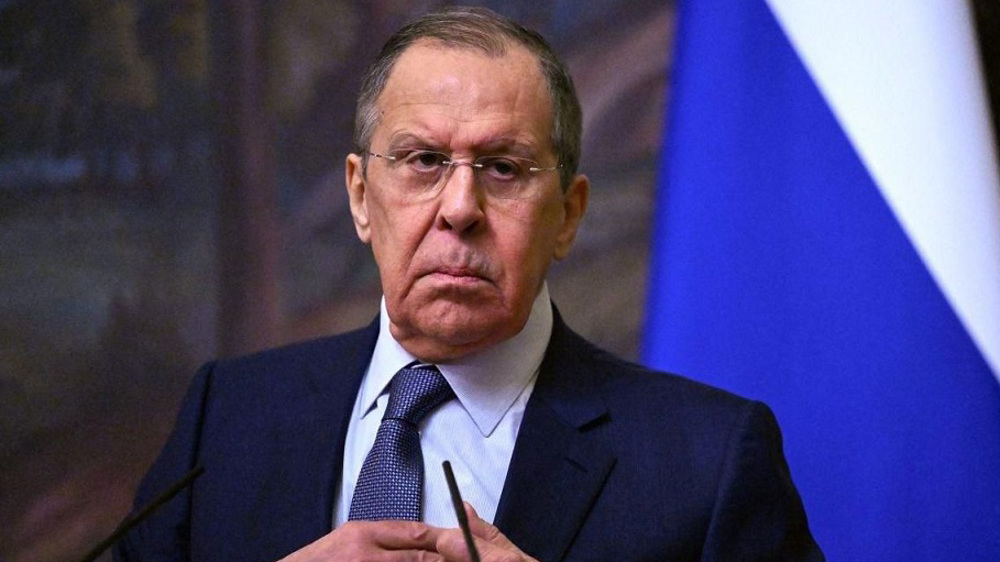


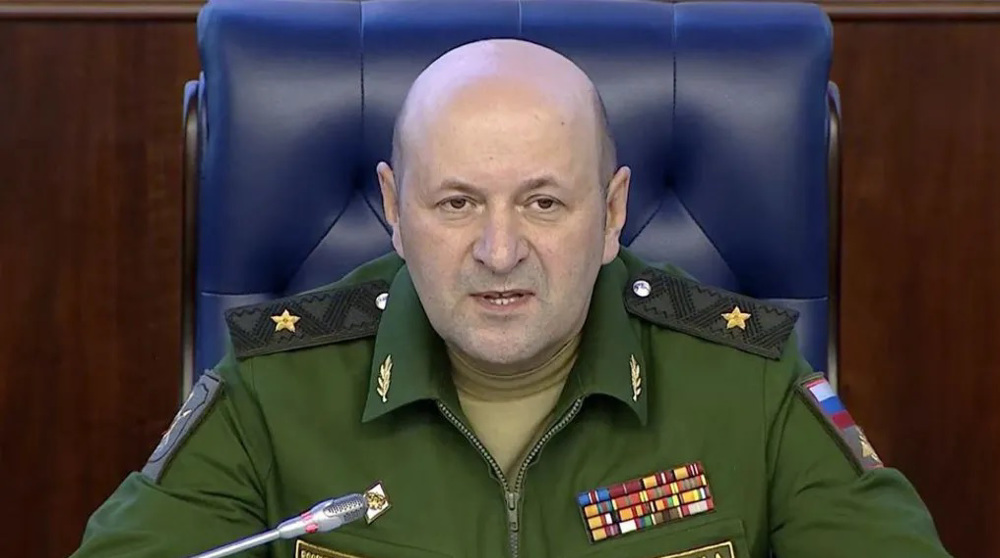



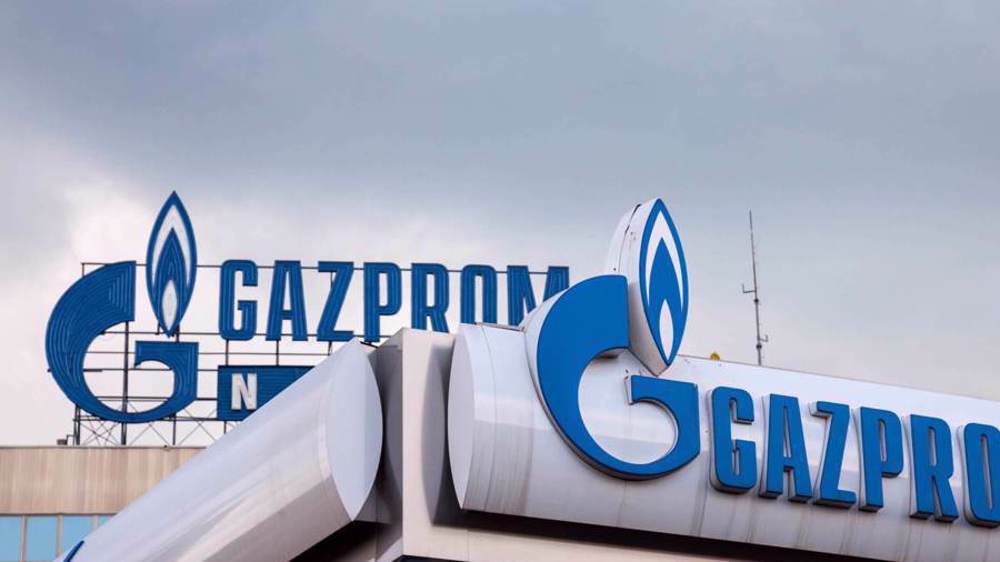
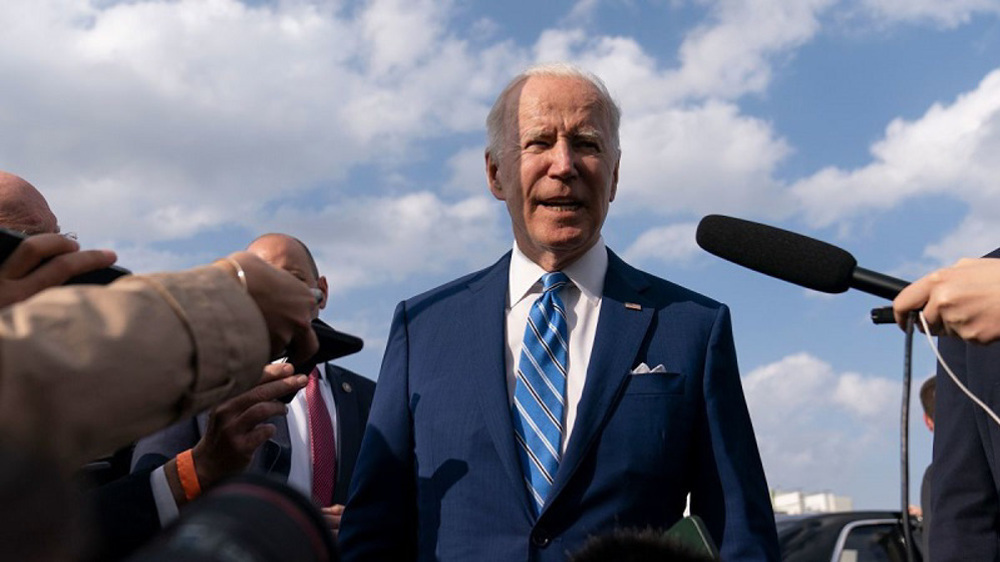
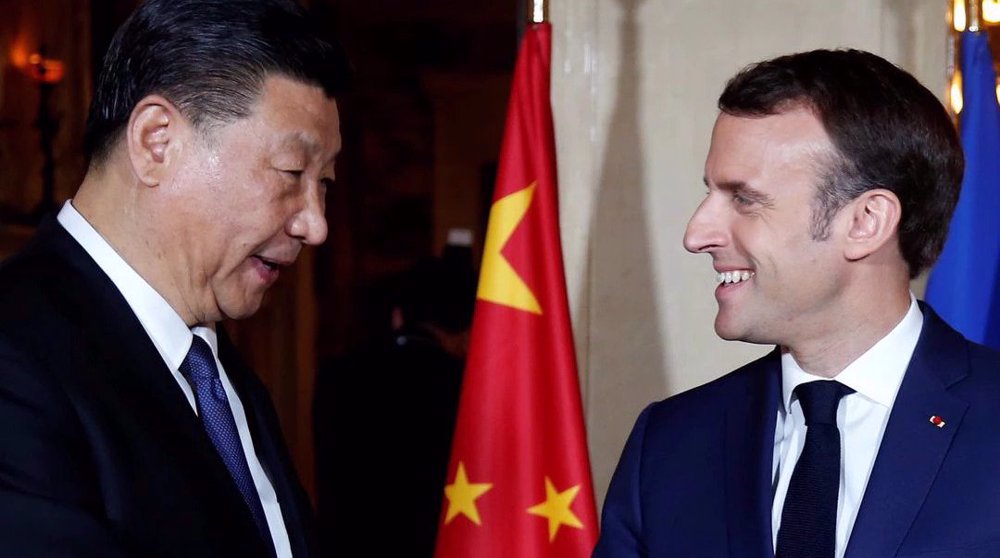
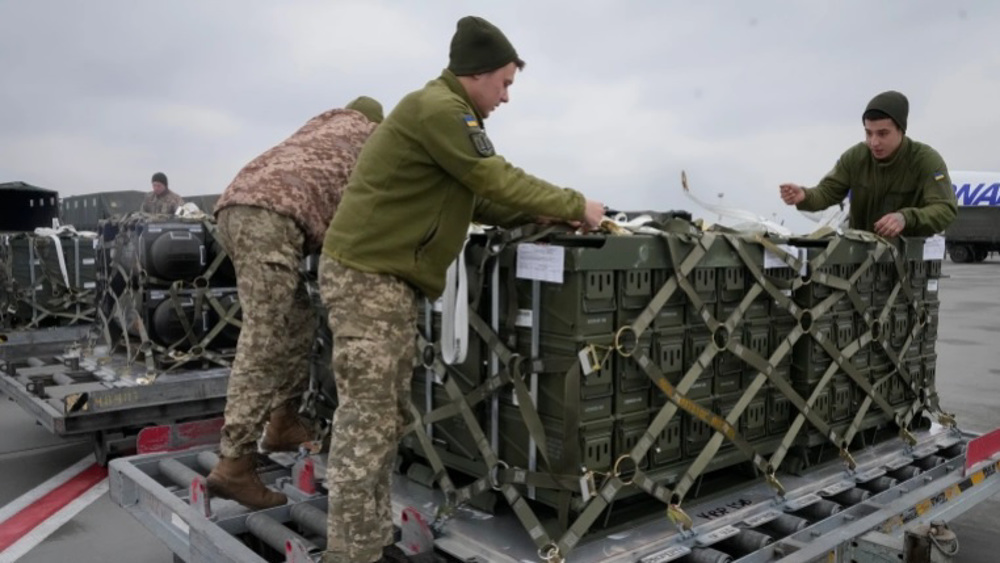


 This makes it easy to access the Press TV website
This makes it easy to access the Press TV website